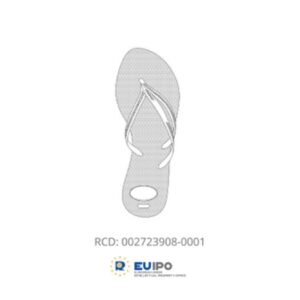A defence in law is a lawful excuse to commit an act that would normally be prohibited.
There are a number of defences to trade mark infringement outlined in section 11 of the Trade Marks Act 1994 which can allow a party to prevent prosecution where it may have looked originally like they had infringed a registered trade mark. The majority of these defences, however, are subject to honest practices meaning the party cannot act in a way that is detrimental to the registered trade mark owners’ reputation or create a likelihood of confusion.
The first defence that a party that has infringed can rely on is that the original trade mark was not validly registered. A trade mark would be invalidly registered if it does not satisfy the requirements in section 3 and 5, the absolute and relative grounds for refusal. It may be that the mark is not distinctive or is in relation to the nature of the goods themselves. It may also contain a geographical location or be of a descriptive nature. In addition it could be said that the mark is infringing a trade marks established before its registration. Any discrepancy in the mark can allow a declaration of invalidity to be submitted meaning there was no original trade mark to warrant any case for infringement.
Another defence that is available is the use of a person’s own name and address contained under section 11(2)(a). A registered trade mark owner can not prevent a person using their own name or address as a trade mark even if it seems to directly infringe their registered trade mark.
In addition, a registered trade mark owner can not prevent a third party indicating the use or purpose of the goods or services in question. If a party uses a description of the goods or services that infringes a person’s trade mark, a case can not be brought if it is done so in line with honest practices.
Lastly, under section 11 (2)(b) a registered trade mark owner can not prevent a person from using a description of the goods and services. This description can relate to the kind, quality, quantity, intended purpose, value, geographical origin, the time of production of goods or of rendering of services, or other characteristics of goods or services.
If you have been contacted in regards to trade mark infringement but you believe that a defence may apply to you, contact trademarkroom to action your case.











